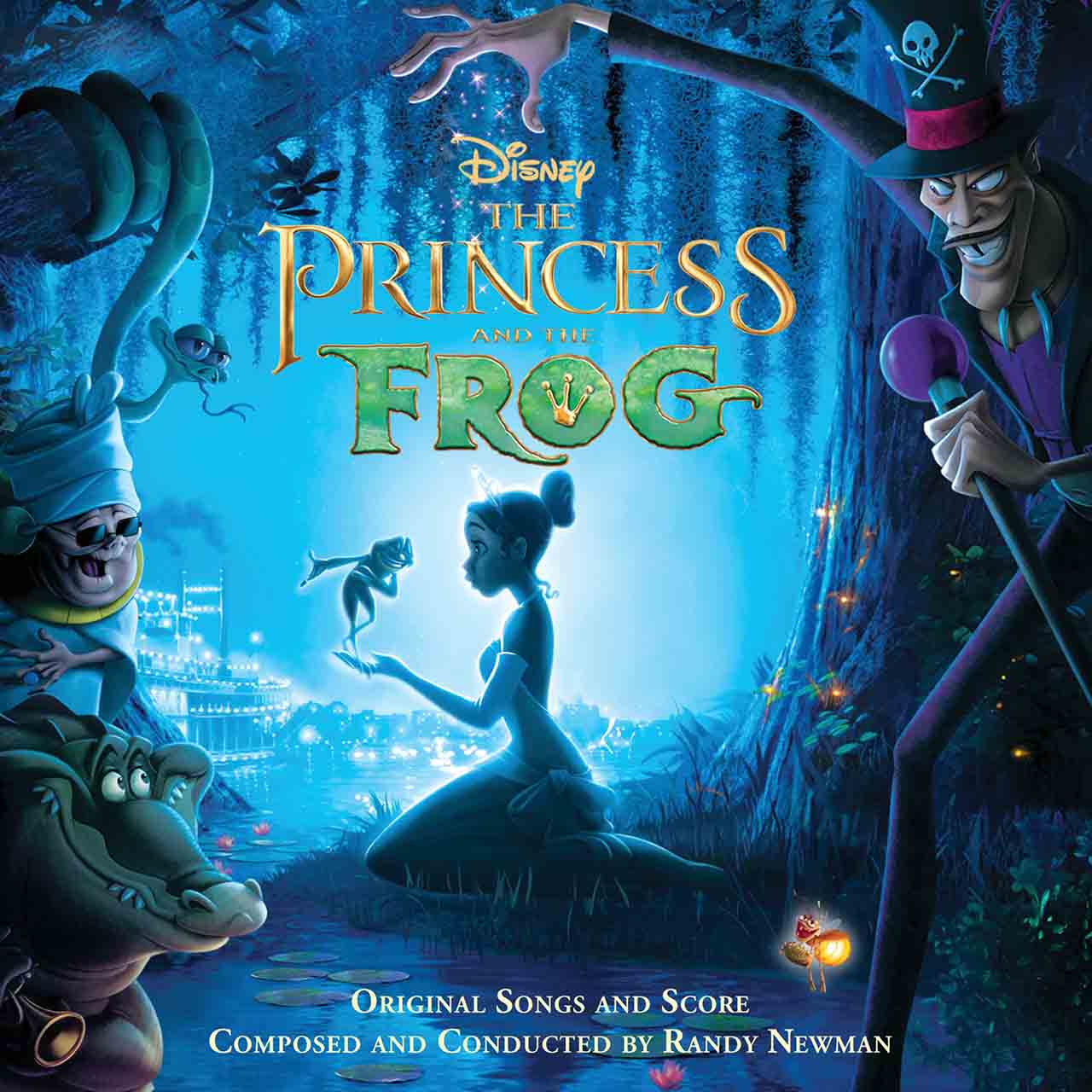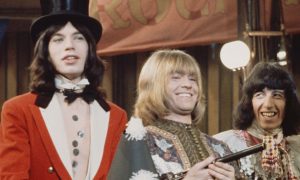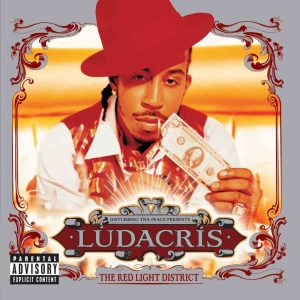Disney’s much-loved 2009 animated feature The Princess and the Frog might have initially seemed as if it was a throwback for the studio – in an age of computer animation it used 2D animation and hand-drawn artwork, evoking the cartoon classics of days gone by. Yet in many ways, it represented a radical move for Disney.
Firstly, it was the first Disney animation to feature an African-American heroine, and that wasn’t the only thing unique about Princess Tiana. While traditional Disney princesses had been usually “saved” by a charming prince, when the hard-working Tiana marries Prince Naveen in The Princess and the Frog, she goes on to fulfill her own lifelong dream – to open a restaurant. Moreover, it is revealed over the course of the movie that although Prince Naveem is handsome, charming, and a mean ukulele player, he has traveled to New Orleans with the intention of marrying a wealthy woman. He’s a gold digger and it’s only the hard-won love of Tiana that saves him.
Listen to the Disney Princess playlist on Spotify or Apple Music now.
The setting was also quietly radical. Though The Princess And The Frog was loosely based on the 2002 novel The Frog Princess by ED Baker, both were inspired by the 1812 German fairy tale The Frog Prince by the Brothers Grimm. While in the past Disney had given movies based on fairy tales a European setting in keeping with their heritage (Sleeping Beauty, The Little Mermaid, Beauty and the Beast), directors Ron Clements and John Musker decided to set The Princess and the Frog in 1920s New Orleans, creating a truly American fairy tale.
For a movie based in New Orleans to work, the music had to be special. The Louisiana city is considered the birthplace of jazz, with stars such as Jelly Roll Morton, Sidney Bechet, and Louis Armstrong pivotal to the evolution of genre. Fats Domino, Irma Thomas, and Professor Longhair were among the artists who would give us R&B. And that baton was picked up by Allen Toussaint, Dr. John, and The Meters, among others, as the heady Big Easy sound fused with swampy, syncopated funk.
Randy Newman
Randy Newman was the man chosen to provide the score and the original songs. The singer-songwriter spent much of his childhood in New Orleans and the city’s music had left an indelible mark, inspiring much of his writing. Newman had also proved himself many times over as a movie composer, most famously with his work on Pixar’s Toy Story films, along with A Bug’s Life, Monsters Inc., and Cars.
Newman was typically modest when he told Fanbolt how New Orleans shaped his approach to writing the score and songs for The Princess and the Frog: “Well, I know the music from the city, the pianists, the performers. Professor Longhair and Jelly Roll Morton and Dr. John. Louis Armstrong. King Oliver. I heard them and listen to them all the time. But I listened to them again with a different intent… looking for something to steal. And I did. I mean, I tried to do it justice with the arrangements as best I could. It may not be as good as Fletcher Anderson, but it sounds, maybe on an off day, it sounds pretty good.”
The soundtrack
The movie’s opening track, the swinging “Down in New Orleans” sets the scene perfectly. Newman’s lyrics speak of music, voodoo magic, love, and good times, and are delivered with an impeccable sense of cool by Crescent City royalty, Dr. John. As with many of Newman’s songs, there’s a lyrical sting in the tale. By writing of “stately homes and mansions, of the sugar barons and cotton kings,” he not only points out the disparity between rich and poor in the city, but implies that the wealth is built upon industries heavily reliant on slavery. The song appears in the title sequence, introducing the audience to many of the key players in the film – Tiana, Dr. Facilier, Prince Naveen, and Lawrence (Naveen’s double-crossing valet) – and again as a finale. “Down in New Orleans” was nominated for Best Original Song at the 2010 Academy Awards ceremony and for Best Song at the Grammys the following year.
While one Oscar nomination for Best Song is impressive, not many movies are given the accolade twice. So for Newman to also be nominated for “Almost There” in the same year speaks of the riches that The Princess and the Frog’s soundtrack has to offer. The jaunty, ragtime-flavored “Almost There” was sung by Anika Noni Rose, the voice of Tiana, and tells of the sacrifices she’s willing to make to realize her dream of opening her own restaurant, not to mention the derision she faces from those who don’t believe in her.
Rose told Fanbolt, “I think she has a couple of really fantastic moments. ‘Almost There’ is a pretty remarkable number, particularly in the land of princesses, because it’s not the yearning, wishing, please-come-to-me song. It’s, ‘I see my dream, it’s there, on the horizon. I can feel it on my fingertips, I can smell it, I can taste it. And I’m about to hold it in realization.’ That’s a very different song for a Princess to sing. And I think, really inspiring.”
“Friends on the Other Side” shows an entirely different side of Newman’s writing with a witty, vaudeville number that introduces us to the villain of the film, Dr. Facilier. The song finds the witch doctor attempting to deceive Prince Naveen and Lawrence and is sung with relish by veteran character Keith David, who later said he was a fan of Newman. It’s set to a dazzling showcase of voodoo-inspired animation and brings an air of devilish menace to the film.
Newman’s comical and authentically New Orleans songs have been key to the enduring success of The Princess and the Frog. Not for the first time, Disney’s willingness to shake up the formula paid off.
Listen to The Princess And The Frog on Spotify or Apple Music now.




